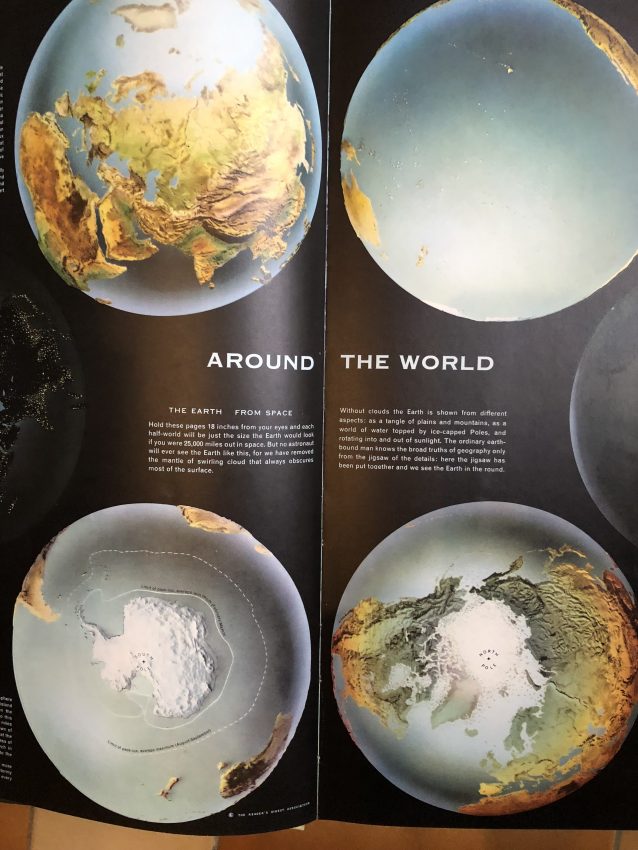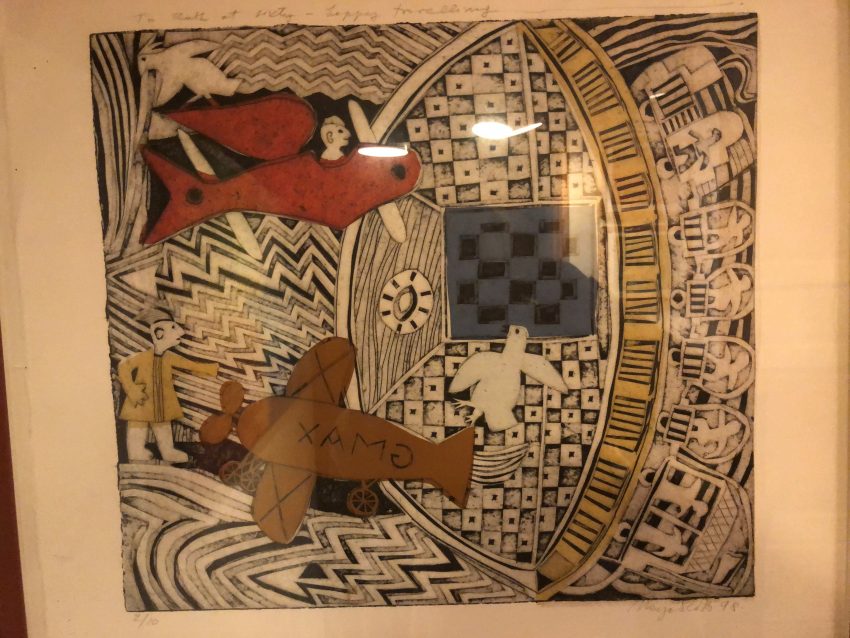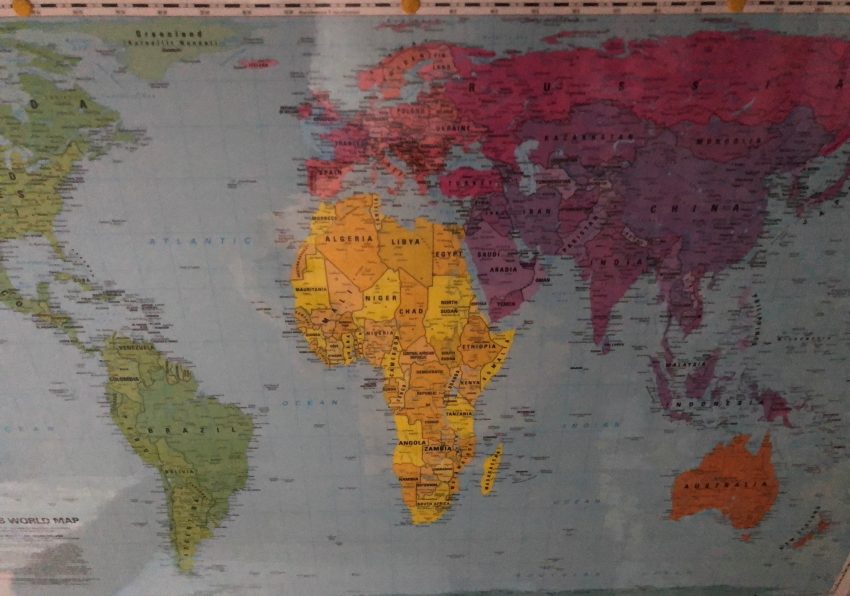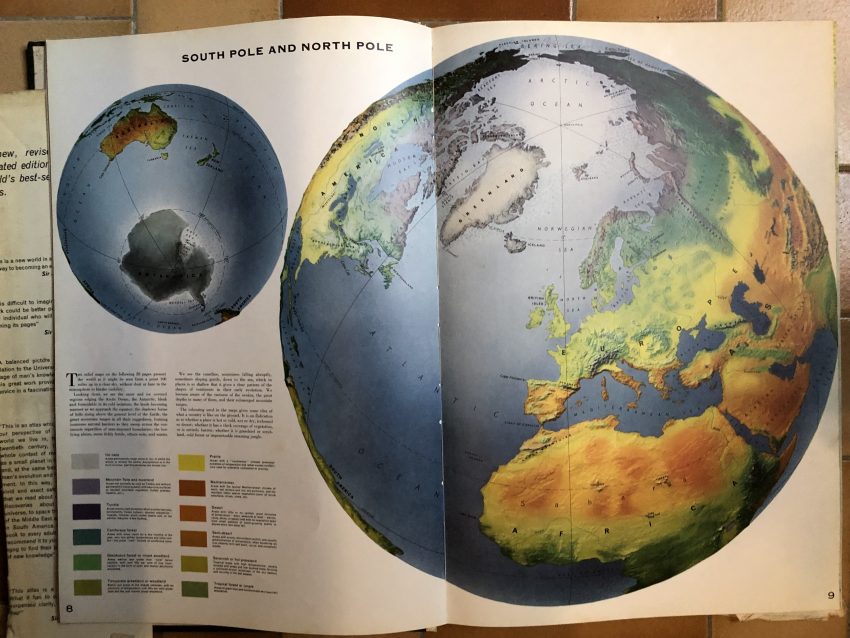The New Version

The new version of Eighty Days with David Tennant is such fun that I’m blogging about it this week! The main scriptwriter, Ashley Pharoah, played with some of the realities of that era rather than continuing with Jules Verne’s romanticised view. I saw the original 1956 film as a teenager and loved it. Shocked to learn that living women were incinerated on their husbands’ pyres, I still wanted to travel to beautiful and unsullied exotic places and see extraordinary cultures. It was a good story and film with a handsome hero but it’s dated. Verne was interested in how new technologies changed the world. Now we take that technology for granted and see only romance and world tourism in his story.
Technological certainties
Today’s certainties make us poor judges of how people survived without the internet. Who remembers life without a mobile phone? The new series subverts our assumptions of the 1890s. It laughs at Phileas Fogg, his snobbish bigotry and the great British Empire but it makes Phileas more human, gives him a past and the opportunity to live and learn. He is accompanied on his journey by Abigail Fix, a free-thinking young journalist and a black Frenchman Jean Passepartout (who would probably never have been employed by Fogg or the Reform Club.)

Historical untruths and facts
The new version touches lightly on the violence of the Paris Commune, the vile treatment of women, especially those with adventurous spirits, the arrogance of the British elite and the British empire, the looting of the antiquities of other cultures, the role of freed slaves in the American West and the rise of the Klu Klux Klan. It’s concerned with how Phileas, Abigail and Jean Passpartout betray each other, save each other, get to trust each other and become friends while a tender love grows between Abigail and Jean – one that their world won’t be able to accept.
Revisioning

I was interested and amused by the way this version revisioned and rethought the world of Jules Verne. Can people born at the same time as the World-Wide-Web understand those of us born 50 years before it? We certainly find it harder to know the world we are experiencing in real-time than to judge the past and the people of the past. Judge them we still do! We are convinced that we are better than our parents which is exactly what they wanted us to be but it’s what we cannot be. New technology doesn’t make us wiser or kinder – only love and humility can do that.
Inventors of facts and fictions
When Verne wrote this book the world atlas showed Africa as mostly blank, empty and uncharted. Colonialism was just getting going, railways were yet to be built and boundaries to be drawn. Writers are inventors of stories, historians inventors of history and politicians inventors of facts to lie about. Ultimately the things that matter to all of us are love and justice. The things that impede us are unkindness, intolerance and ignorant judgements. Can we keep our hearts and minds open in the face of a changing knowledge that tests understanding? Let’s be optimistic. Let’s hope.
